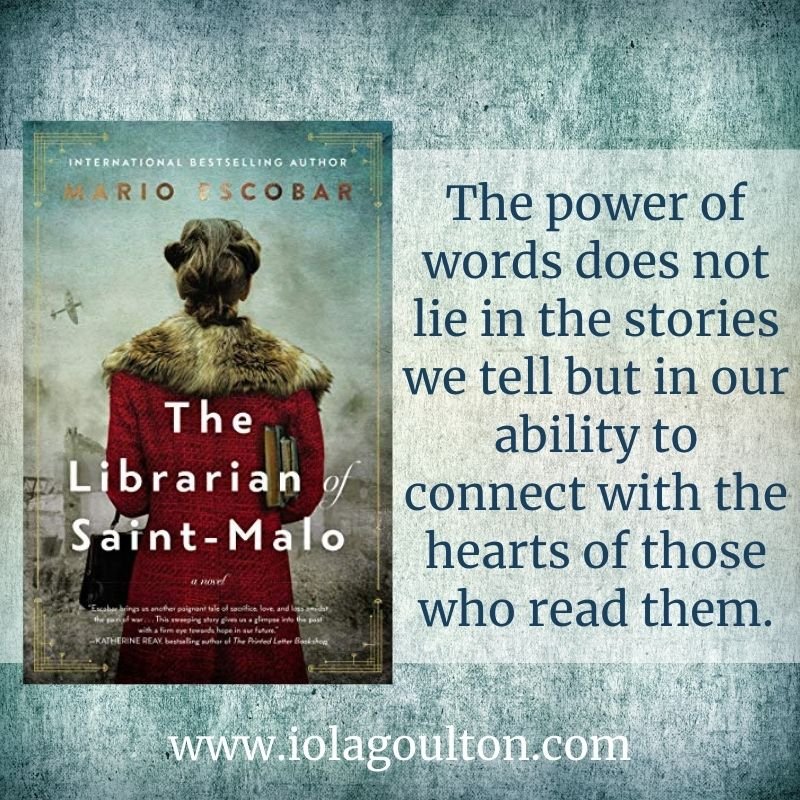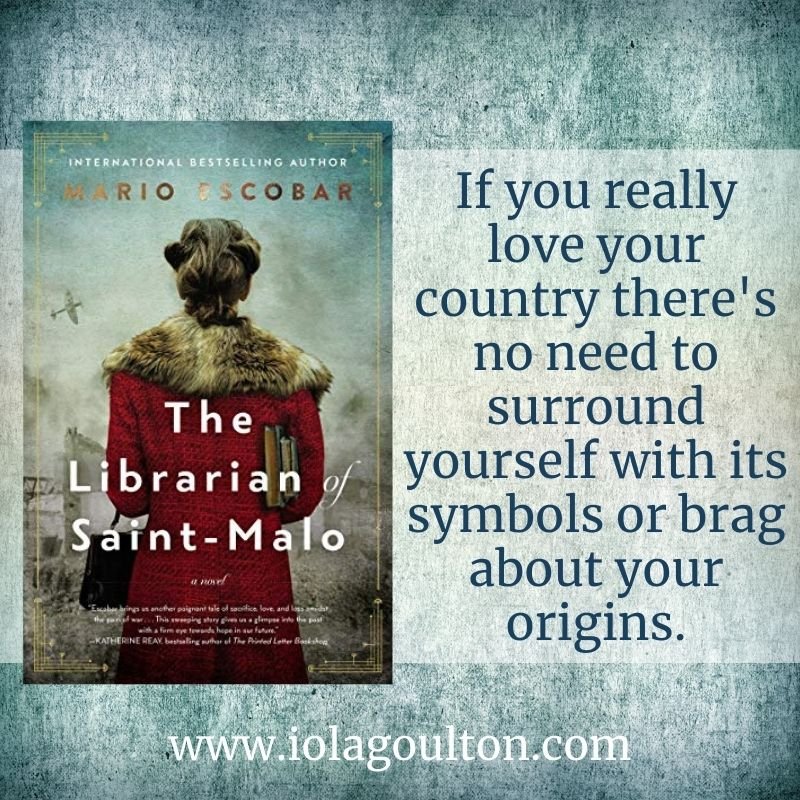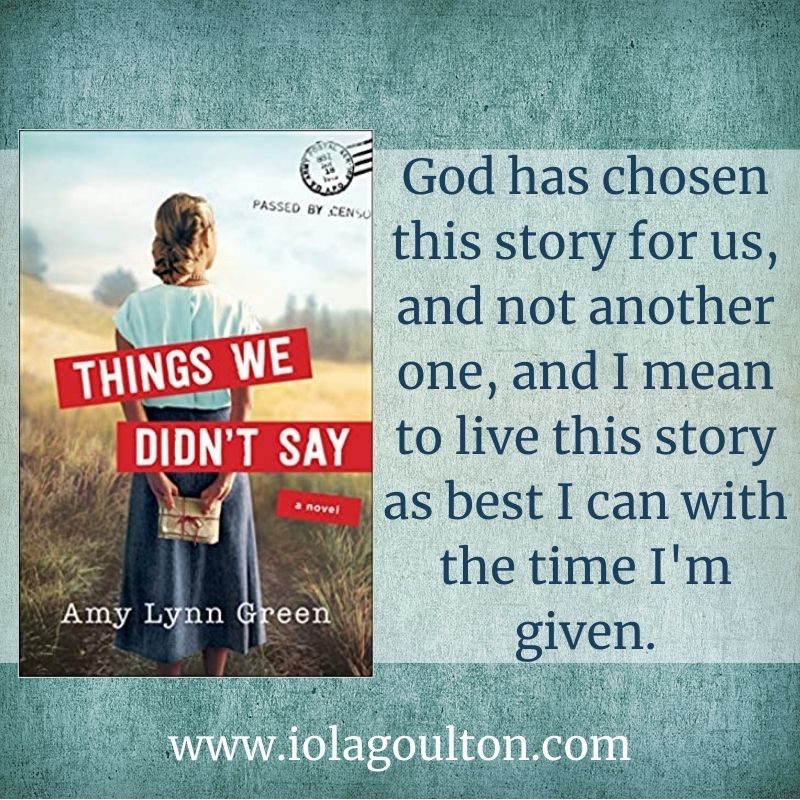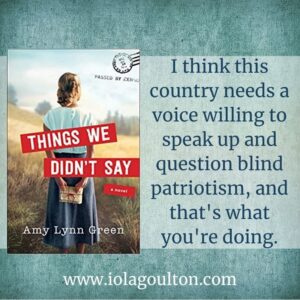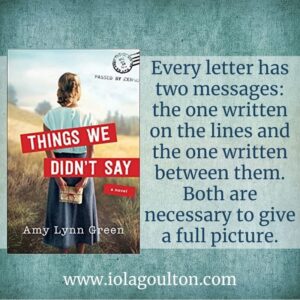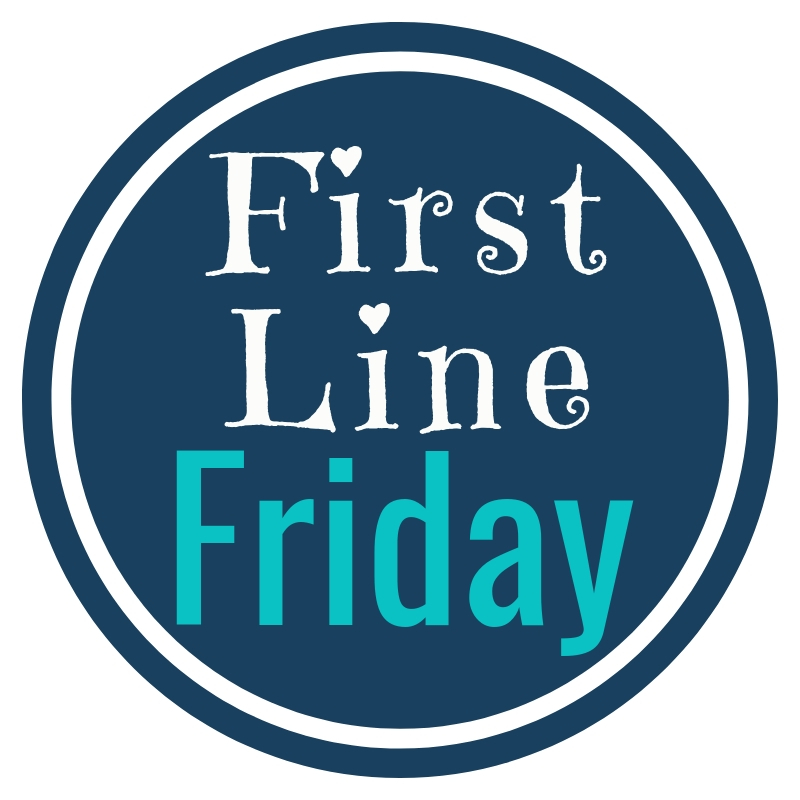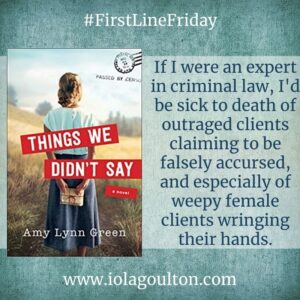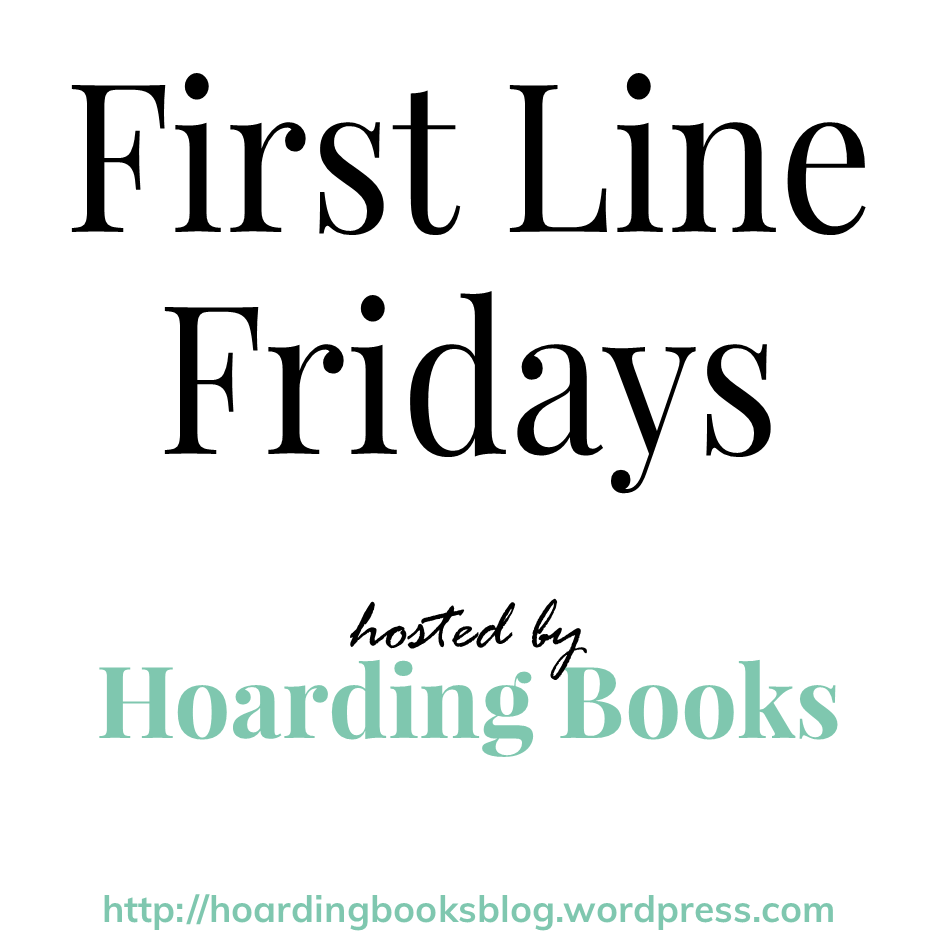The Librarian of Saint-Malo features, unsurprisingly, the town librarian from the small French town of Saint-Malo as a main character. Jocelyn and Antoine Ferrec marry on 1 September 1939, the day Germany illegally invades Poland, the event which creates World War II.
History tells us the city and the country did not fare well in the war.
This novel shows us some of what happened from a French point of view. That was a new perspective for me. While I’ve read a lot of novels set in and around World War II, almost all of them have been set in the USA or England, and told from the American or English point of view–American or English authors, and American or English characters.
A smaller number have shown the war in Germany, but still from the American or English viewpoint. Where there have been German characters, they’ve either been “good” Nazis (which are about as believable as “good” slaveowners in American Civil War fiction) or the Nazis have been the evildoers (well, history).
It was refreshing to read a story showing the war from the point of view of the occupied French.
(The book is written by a Spaniard, who were neutral in World War II). It provided new insights into the occupation, and didn’t have the American need for a stereotypical heroic main character. It’s a welcome difference.
I’ve seen a couple of reviews moaning about this book as being yet another Nazi romance, with the subtext being that the Nazis were monsters and we shouldn’t be trying to romanticise them. While I agree we shouldn’t romanticise evil, I don’t think this book can truthfully be classed with other Nazi romances.
First, The Librarian of Saint-Malo is not a romance (it’s historical fiction).
Second, while one of the German soldiers clearly has feelings for Jocelyn, I didn’t think she was anywhere close to being in love with him. And finally, the story wasn’t written by a white American woman trying to show a redemption story. It was more a gritty war story written by a Spanish man. As such, the ending is more inevitable than the happy-ever-after of a romance novel.
The novel is introduced as a series of letters from Jocelyn, the Saint-Malo librarian, to her literary hero, the fictional Marcel Zola. She explains in the Prologue why she has chosen to write to him, and there is the occasional mention of the letters or reminder in the body of the novel that these are meant to be letters. But they’re not—not like in other epistolary novels, like Daddy Long Legs by Jean Webster, Dear Mr. Knightley by Katherine Reay, Things We Didn’t Say by Amy Lynn Green, or The Guernsey Literary and Potato Peel By Society by Mary Ann Safer and Annie Barrows.
The Librarian of Saint-Malo by Mario Escabar is a unique epistolary novel about World War II, set in France and written by a Spaniard. #HistoricalFiction #BookReview Click To TweetInstead, the story read much like any other historical novel, albeit one written in first person point of view, as a letter would be. The story was exceptionally well researched (well, except for the line about “God Save the Queen”. The song changes names depending on who is on the throne, and the monarch during World War II was King George). I especially liked the fact the novel was written by a Spaniard—we need more historical fiction written from non-American perspectives.
We see the war progress through Jocelyn’s eyes.
We see the fall of France, the refugees (that was new to me), the arrival of the Germans, billetting, and the SS. The story takes us through the emotion of a lot of these events in a way a history book can’t, but the overall voice is still one of a person telling her story and trying to keep the emotion out of it. The French might mock the British for their stiff upper lips, but Jocelyn does a good impression. But the understated emotion makes it all the more powerful.
This is the first translated Mario Escabar novel I’ve read. I was impressed, and I will certainly watch out for future novels from him. Recommended for historical fiction fans.
Thanks to Thomas Nelson and NetGalley for providing a free ebook for review.
About The Librarian of Saint-Malo
Through letters with a famous author, one French librarian tells her love story and describes the brutal Nazi occupation of her small coastal village.
Saint-Malo, France: August 1939. Jocelyn and Antoine are childhood sweethearts, but just after they marry, Antoine is called up to fight against Germany. As the war rages, Jocelyn focuses on comforting and encouraging the local population by recommending books from her beloved library in Saint-Malo. She herself finds hope in her letters to a famous author.
After the French capitulation, the Nazis occupy the town and turn it into a fortress to control the north of French Brittany. Residents try passive resistance, but the German commander ruthlessly purges part of the city’s libraries to destroy any potentially subversive writings. At great risk to herself, Jocelyn manages to hide some of the books while waiting to receive news from Antoine, who has been taken to a German prison camp.
What unfolds in her letters is Jocelyn’s description of her mission: to protect the people of Saint-Malo and the books they hold so dear. With prose both sweeping and romantic, Mario Escobar brings to life the occupied city and re-creates the history of those who sacrificed all to care for the people they loved.
You can find The Librarian of Saint-Malo online at:
Amazon | BookBub | ChristianBook | Goodreads | Koorong

